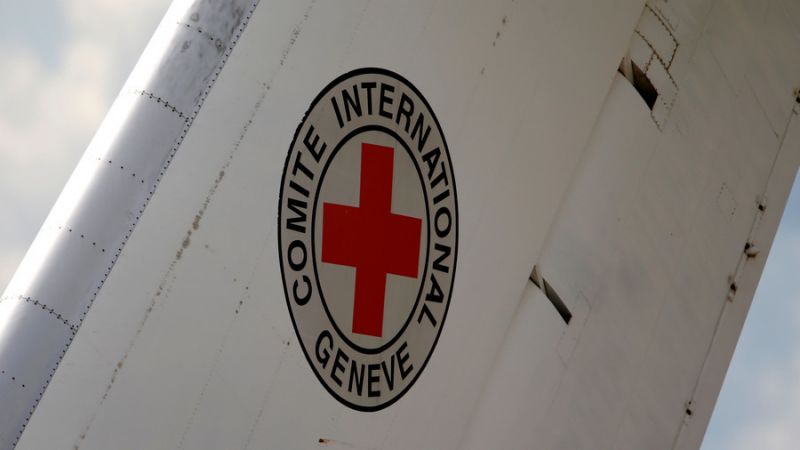
Local Editor
The Saudi-led coalition bombing Yemen released seven Houthi prisoners on Wednesday and returned them to Sana’a, the UN said.
The seven fighters were transferred from the Saudi capital Riyadh to Sanaa by the International Committee of the Red Cross, the UN said.
The move came in response to the humanitarian gesture made by the movement on Tuesday when it released and sent a Saudi prisoner to Riyadh due to his illness.
The office of UN envoy Martin Griffiths said he hoped that the move would give rise to a "rapid implementation of the prisoner exchange agreement" reached as part of a truce deal negotiated between Yemen's Saudi-backed resigned regime and the Houthi revolutionaries in Sweden last month.
The ICRC, which is overseeing the prisoner exchange process between the warring sides, confirmed it had flown seven Yemenis to the Yemeni capital.
"Another hope for many families separated by the conflict in Yemen," the organization wrote on Twitter.
Earlier, however, the coalition threatened it was still prepared to use "force" against the Houthis.
The prisoner swap is the first to take place since the truce that aims to end Yemen's conflict which has left millions at risk of starvation. The two parties agreed to exchange 15,000 detainees and have submitted lists of prisoners' names to UN mediators.
The deal brokered in Sweden also involves a ceasefire in the lifeline port city of Hodeida, which came into force on December 18 but has been sporadically breached.
The rival camps were supposed to redeploy forces by January 7, but that commitment has not yet been observed.
However, the prisoner exchanges this week are "a step in the right direction", said Mirella Hodeib, ICRC's spokeswoman in Sana’a.
"It gives hope and lifts numerous families" whose members have been separated by Yemen's war, she said.
"We hope that the belligerent parties will put in place the agreement on definitive lists to start the exchange operation on a larger scale", Hodeib added.
Some 10,000 people have been killed since the Saudi coalition intervened nearly four years ago, according to the World Health Organization, although rights groups say the death toll could be five times higher.
Source: News Agencies, Edited by Website Team